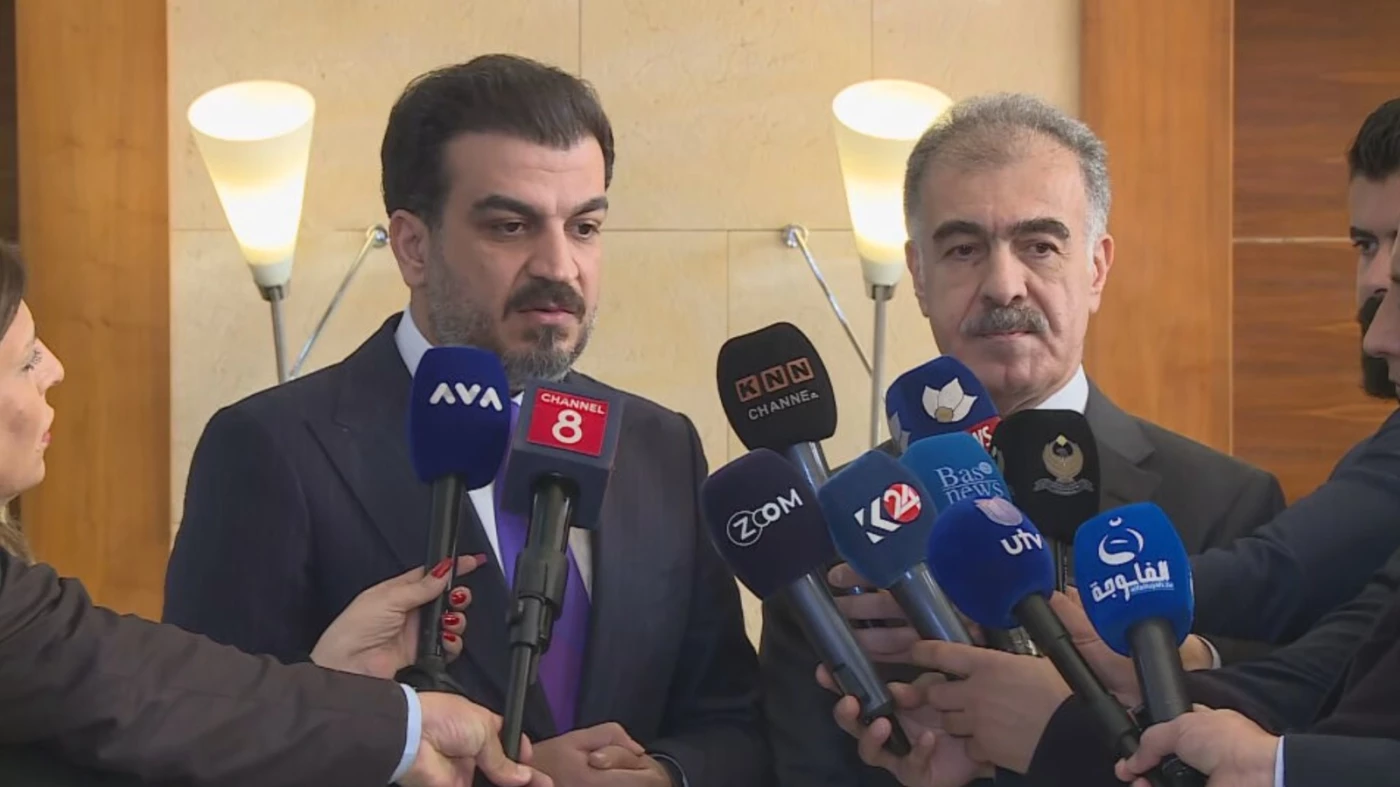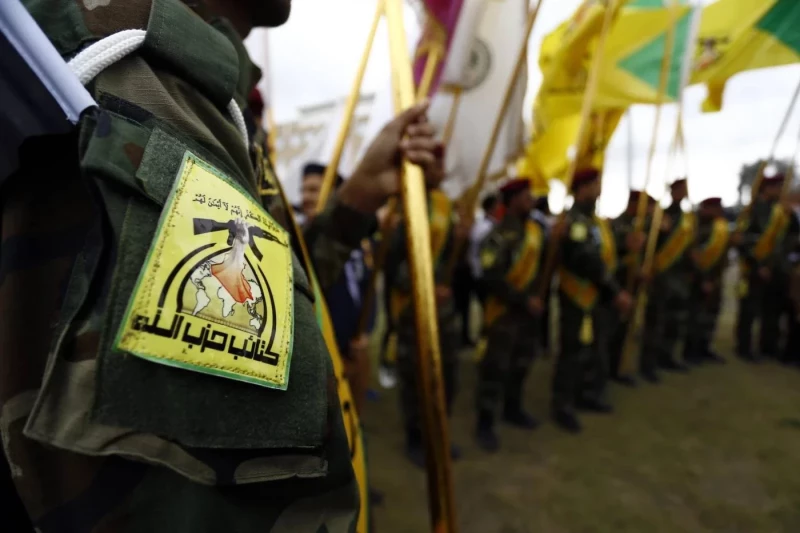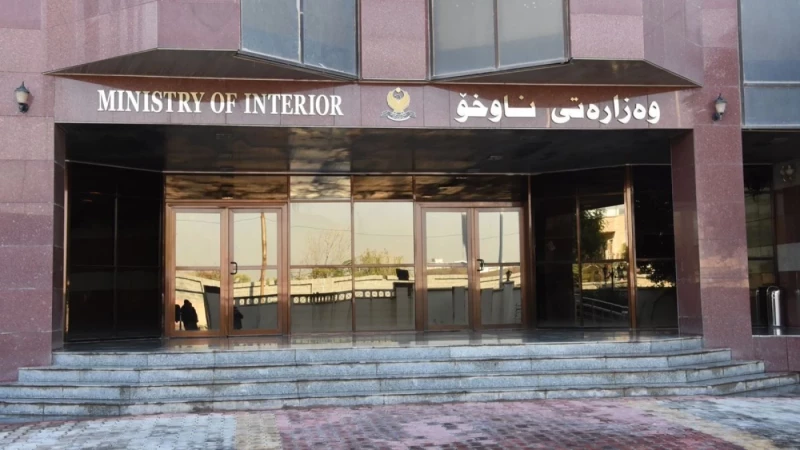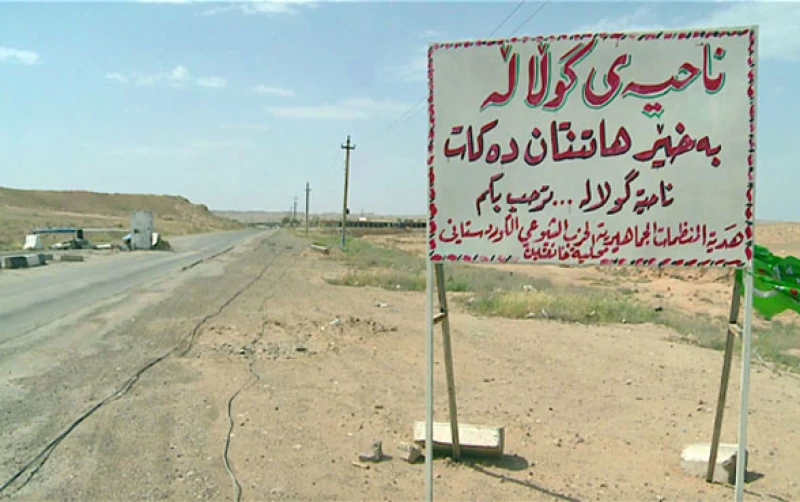ERBIL, Kurdistan Region of Iraq - The Kurdistan Region on Thursday described a Memorandum of Understanding (MoU) between the Iraqi government and British Petroleum (BP) to rehabilitate four Kirkuk oil fields as a “constitutional violation."
The MoU was signed on Tuesday in London by Amer Khalil Ahmad, General Director of the North Oil Company, and the manager of the Iraqi branch of BP Zaid al-Yasiri, in the presence of Iraqi Minister of Oil Hayan Abdul Ghani to revamp and rehabilitate four oil fields in Kirkuk.
The four fields include the Baba and Avanah domes and three adjacent fields - Bai Hassan, Jambur, and Khabbaz, all operated by the Iraqi government’s North Oil Company.
“The Kurdistan Region had to be a party to the agreement between Mohammed Shia’ al-Sudani and British BP. This is a constitutional violation against the Kurdistan Region,” Peshawa Hawramani, spokesperson for the Kurdistan Regional Government (KRG) told reporters on Thursday.
The agreement was signed "without consultation with the Kurdistan Region,” Hawramani said. "No party can enter into oil contracts independently, according to Article 140, which described these regions as disputed territories, but when it is done, It is another constitutional violation."
Kirkuk is known for its vast natural resources and oil-rich fields.
The deal consists of rehabilitating existing facilities, where required, and the construction of new facilities - including gas expansion projects - together with a drilling program at the Kirkuk fields, has the potential to stabilize production and reverse the decline, returning production from this nationally important oilfield to a growth path, according to an earlier statement from BP in December.
Kirkuk, known for its numerous oil resources, has been the central point in a long-standing dispute between Iraq and the Kurdistan region over a stretch of land, with both sides laying claim to the city for decades now.
A day before the top Iraqi delegation visited London, the KRG said in a statement that the Iraqi constitution laments the right of the Region to the newfound oil and gas fields in Kirkuk, calling for a long-due referendum in disputed territories as per article 140 of the constitution.
“According to articles 110 and 115 of the 2005 Iraqi Constitution, the KRG is given absolute and exclusive rights to manage newfound oil and gas fields” the statement read, adding that “article 112 states that the older oil and gas fields, like Kirkuk’s fields, must be jointly managed by the Iraqi and Kurdish governments. And Baghdad has been obligated to come to an agreement with the Kurdistan Region for sharing of previously found (older) fields.”
Iraq has been looking for ways to increase oil production and sales from the city, namely, the attempts at reviving the Kirkuk-Baniyas pipelines to increase the daily export of its oil.
The MoU on the Kirkuk oil fields came a day after Sudani visited the UK and met with British Prime Minister Keir Starmer and King Charles III.



 Facebook
Facebook
 LinkedIn
LinkedIn
 Telegram
Telegram
 X
X


